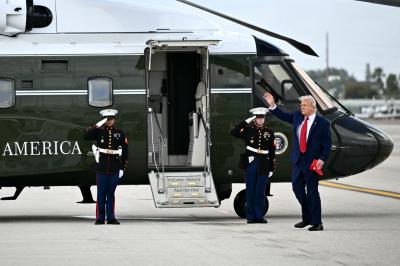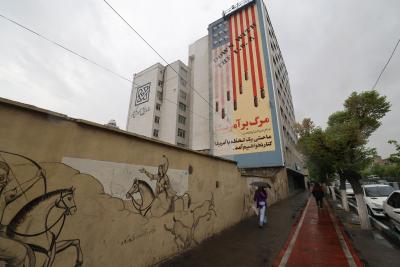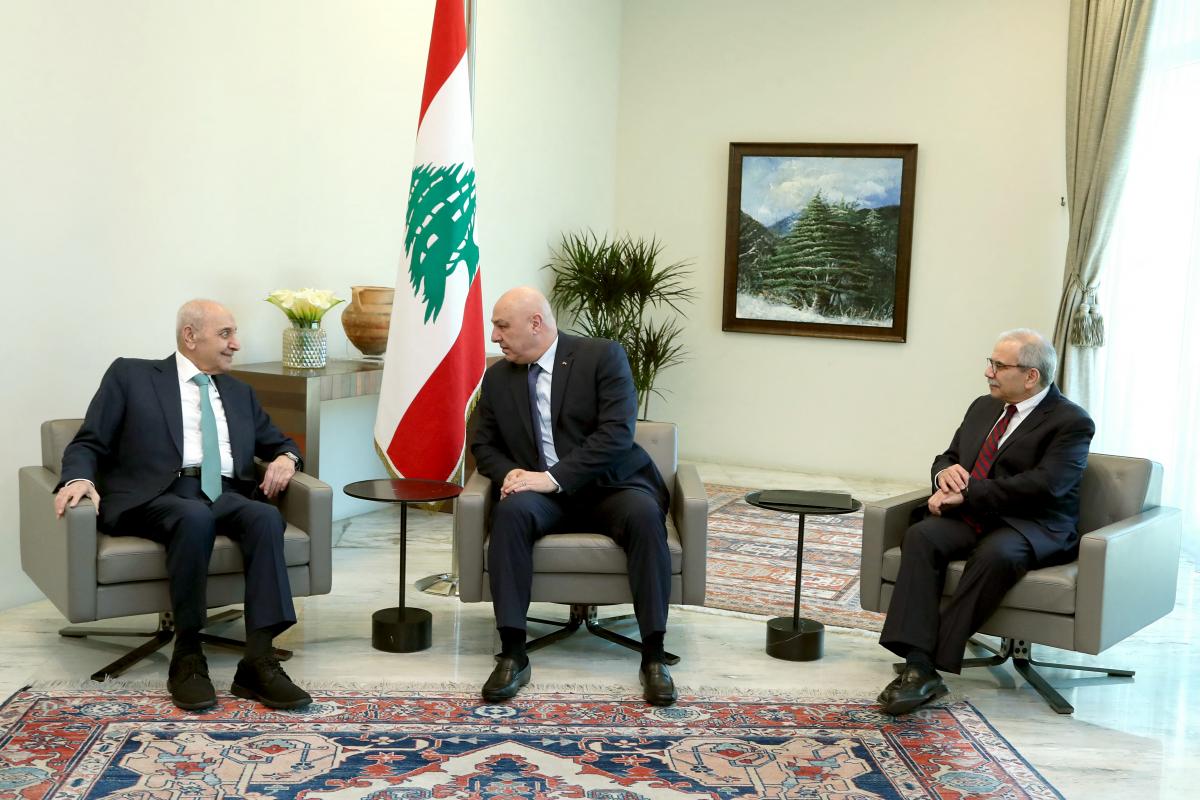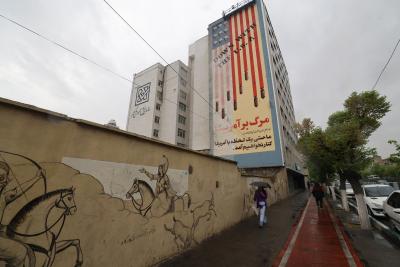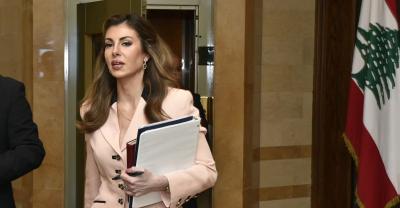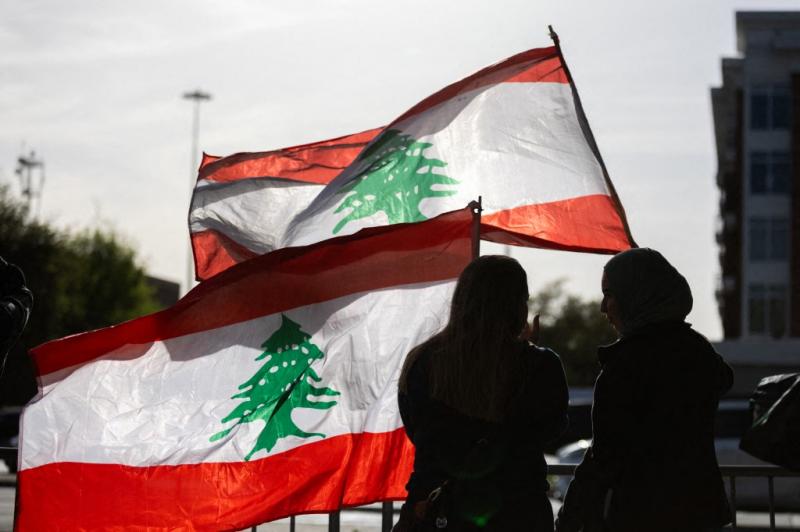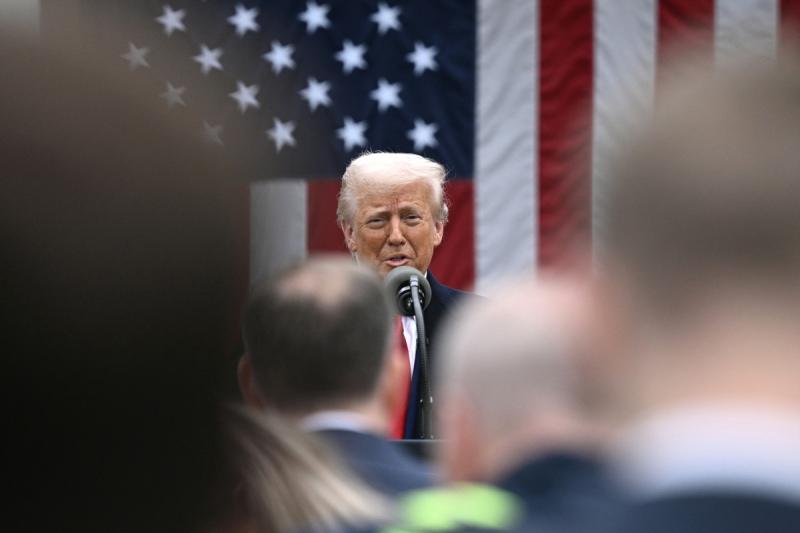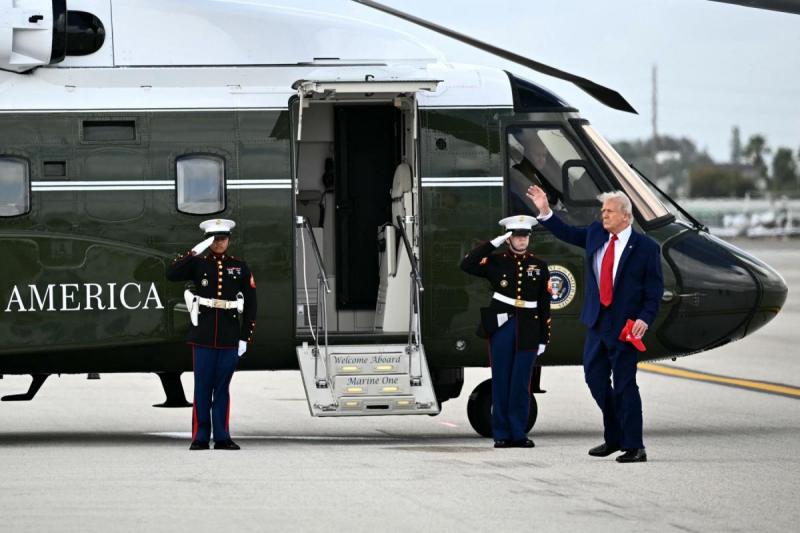For the first time in years, Lebanon witnessed a rare moment of unity as the nation gathered yesterday, Sunday, at the Maronite St. Georges Cathedral in downtown Beirut to celebrate the St. Maron National Day. This joyful scene, absent for so long, returned with the election of a new president and the formation of a government after more than two years of political paralysis. But while appearances offer hope, the true test will be whether this unity translates into substantive change.
The new government has set itself a dual mission: reform and recovery. Prime Minister Nawaf Salam has already delivered on key promises—separating ministerial duties from parliamentary roles, turning down ministerial candidates who want to run in the next general elections, and excluding partisan figures from the cabinet. However, one crucial commitment remains to be tested: ensuring no single party holds the power to paralyze the government, banking on the cohesion of this new team. Just two days before the official formation of the cabinet, negotiations at the presidential palace collapsed. Between that Thursday meeting and Saturday’s announcement, U.S. Deputy Envoy to the Middle East, Morgan Ortagus, visited Lebanon and made a striking statement from the presidential palace: "the era of Hezbollah is over"—a statement that sent ripples through the party’s base, struggling to accept this new reality.
This leads to the central question: what broke the deadlock in forming the government?
Several factors played a role. The momentum that led to the election of General Joseph Aoun as president, coupled with Nawaf Salam’s appointment as Prime Minister, created a political shift. Additionally, Hezbollah seemed to recognize the changing landscape, especially given regional and international opposition to its participation in the government. The party deferred its representation to Nabih Berri, Speaker of Parliament and head of the Amal Movement. Another driving force was the enduring economic crisis, festering since 2019. The new president has pledged to alleviate its impact, though a full resolution remains distant.
Yet, perhaps the most decisive factor was the pressure to rebuild. The recent Gaza support front that Hezbollah launched from southern Lebanon—without consulting or even notifying the government—provoked a devastating Israeli response. The strikes spared no one, hitting Hezbollah but also shaking Lebanon to its core. The war displaced over a million Lebanese, both Hezbollah supporters and critics alike. With the party unable to deliver on compensation promises, reconstruction has become an urgent national priority.
Now that the government is in place and signaling serious intentions, it faces a series of formidable challenges. At the top of the list is the economic crisis, demanding swift, decisive action. The domestic situation is dire, with short-term fixes failing to address the root causes or offer a clear vision for the future.
Internationally, Lebanon’s placement on the Financial Action Task Force's grey list brings tighter financial scrutiny and restrictions. The government must also address the budget, particularly after the previous administration proposed one disconnected from the country’s harsh realities. It’s essential for the government to acknowledge that, in recent years, state finances have depended heavily on contributions from a segment of the population who have benefited the least from their being law-abiding citizens who have been paying their taxes.
Another major challenge will be to negotiate the withdrawal of Israeli forces from positions recently occupied in southern Lebanon following the Gaza support operation.
The government’s roadmap starts with preparing for municipal elections, leading up to the next parliamentary elections—a plan confirmed by the Prime Minister in his first statement from the presidential palace after his appointment. This government’s immediate task is to tackle the pressing issues affecting citizens’ daily lives. Key among these is revitalizing the public administration and finding a fair, logical solution to the frozen bank deposits crisis, essential for restoring confidence among depositors, creditors, and investors in the banking sector.
A rebound in trust could encourage the Lebanese diaspora, foreign nations, and international institutions to reinvest in Lebanon. Ultimately, the government’s success will hinge on the first steps it takes during these crucial fifteen months to restore public trust, guided by a clear vision for the future that transcends personal interests and the current political divisions.
 French
French


